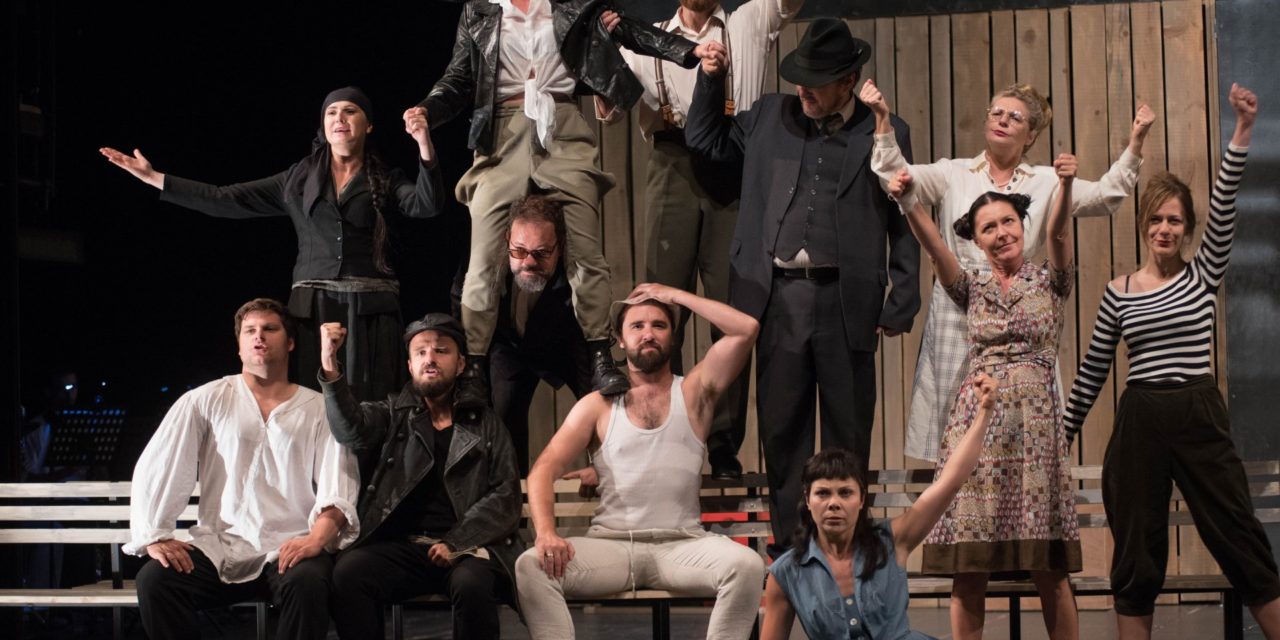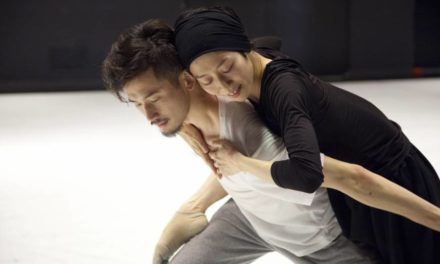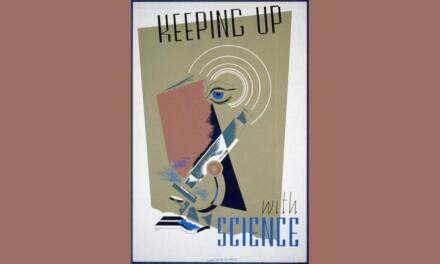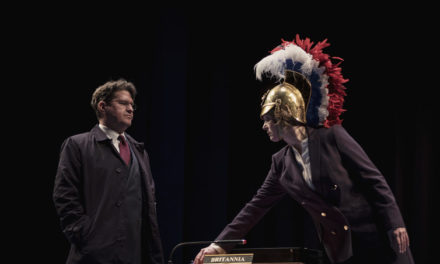This series continues to introduce Polish directors recognised in Poland and relatively unknown abroad. The previous entry was about Anna Augustynowicz and now it is time for Jacek Głomb.
‘THEATRE WHOSE STAGE IS THE CITY’
To talk about Głomb’s work only in relation to productions he directed is to limit his achievements. Głomb, in his own words, creates ‘theatre whose stage is the city’ (Głomb, 2008). For the past 24 years, this city has been Legnica. Legnica is a south-western city in Poland with its German roots and relatively recent Polish history. It was a garrison town for the Soviet Red Army and a seat of the Soviet General Staff for the Eastern Europe. The Soviets left Legnica in 1993; one year later, Głomb took over the Modjeska Theatre.
Since then, he has built a strong ensemble of actors. Together they create theatre that commits itself to the local community and to verisimilitude, engages with activism, and is often site-specific. They are actively involved in local and national politics through their theatre productions, their community work, and protests that Głomb and his actors regularly attend, and sometimes organise. These activities provide context for the European Parliament awarding Głomb with the European Citizens’ Prize in 2013.
FROM DISTRICTS OF LEGNICA TO MACEDONIA
The Modjeska Theatre’s repertoire and Głomb’s own productions are varied and include classics, contemporary writings, musical performances, international collaborations, and devised works. The 2000 Ballada of Zakaczawiu [The Ballad of Zakaczawie], the winner of the 7th National Competition for Staging Polish Contemporary Drama, tells a story of Legnica’s poor and dangerous district. The company performed it in an abandoned cinema right at the heart of Zakaczawie. Ballada in many ways defined the Modjeska’s Theatre as one of the most exciting contemporary Polish stages; and Głomb received the Konrad Swinarski Award, a prestigious directing award.
His 2006 Othello won the directing and acting awards (for Ewa Galusińska) at the Gdansk Shakespeare Festival.
Głomb’s newest productions, Przerwana odyseja [The Broken Odyssey] by Robert Urbański, premiered at the Modjeska Theatre in Legnica and the Macedonian National Theatre in Skopje in 2016. It tells stories of 1940s Macedonian, Greek, and Vlachs children refugees. Some of them came to post-war Poland in 1948. The irony that 1940s Poland, destroyed by World War II, welcomed refugees, while contemporary and much richer Poland refuses to do the same, was not lost on Jacek Głomb (2016)…
This post was written by the author in their personal capacity.The opinions expressed in this article are the author’s own and do not reflect the view of The Theatre Times, their staff or collaborators.
This post was written by Kasia Lech.
The views expressed here belong to the author and do not necessarily reflect our views and opinions.


















